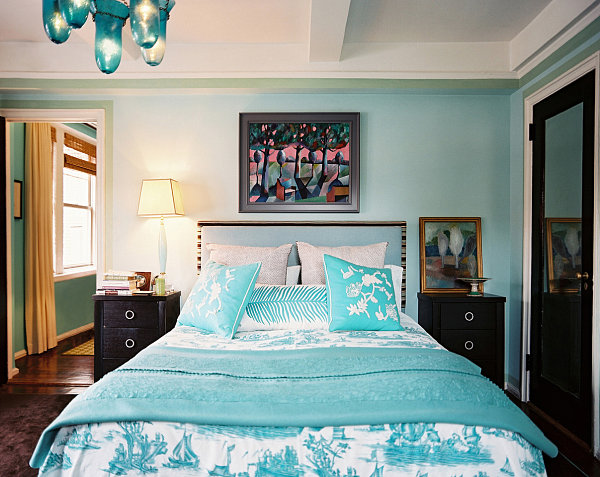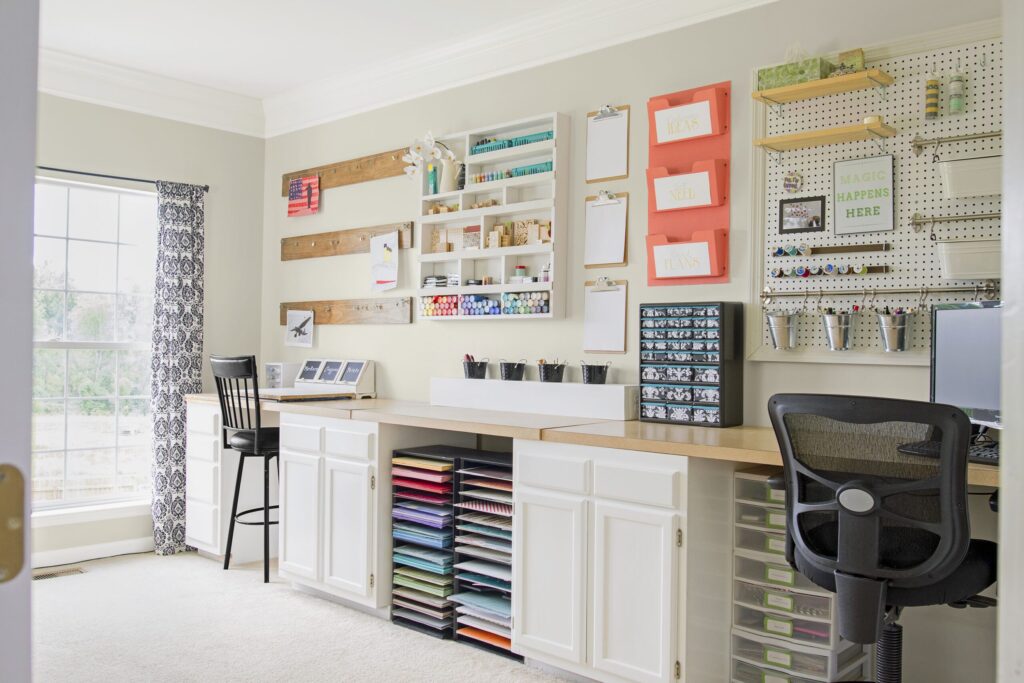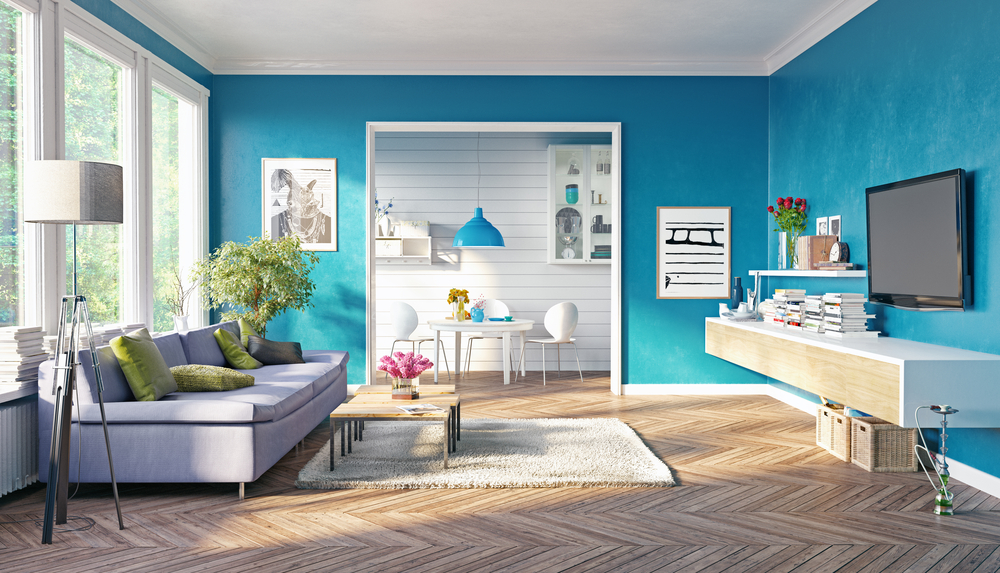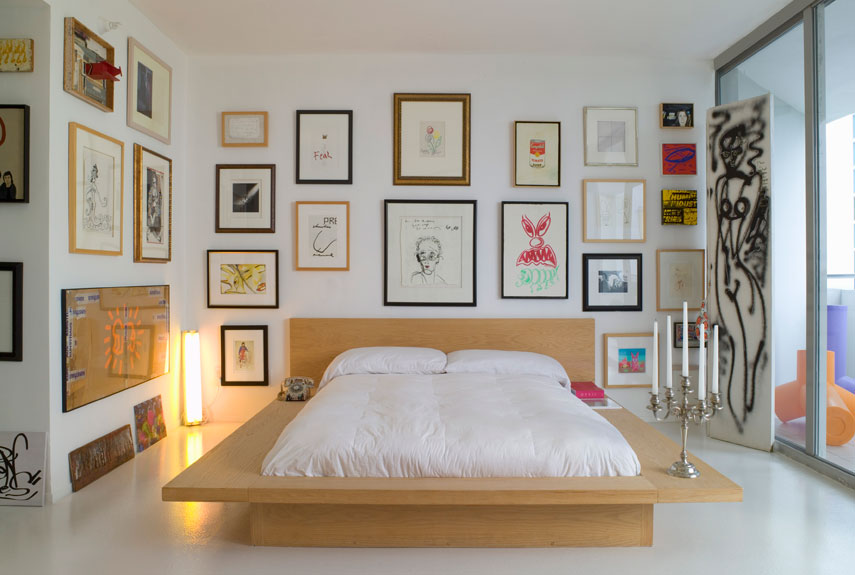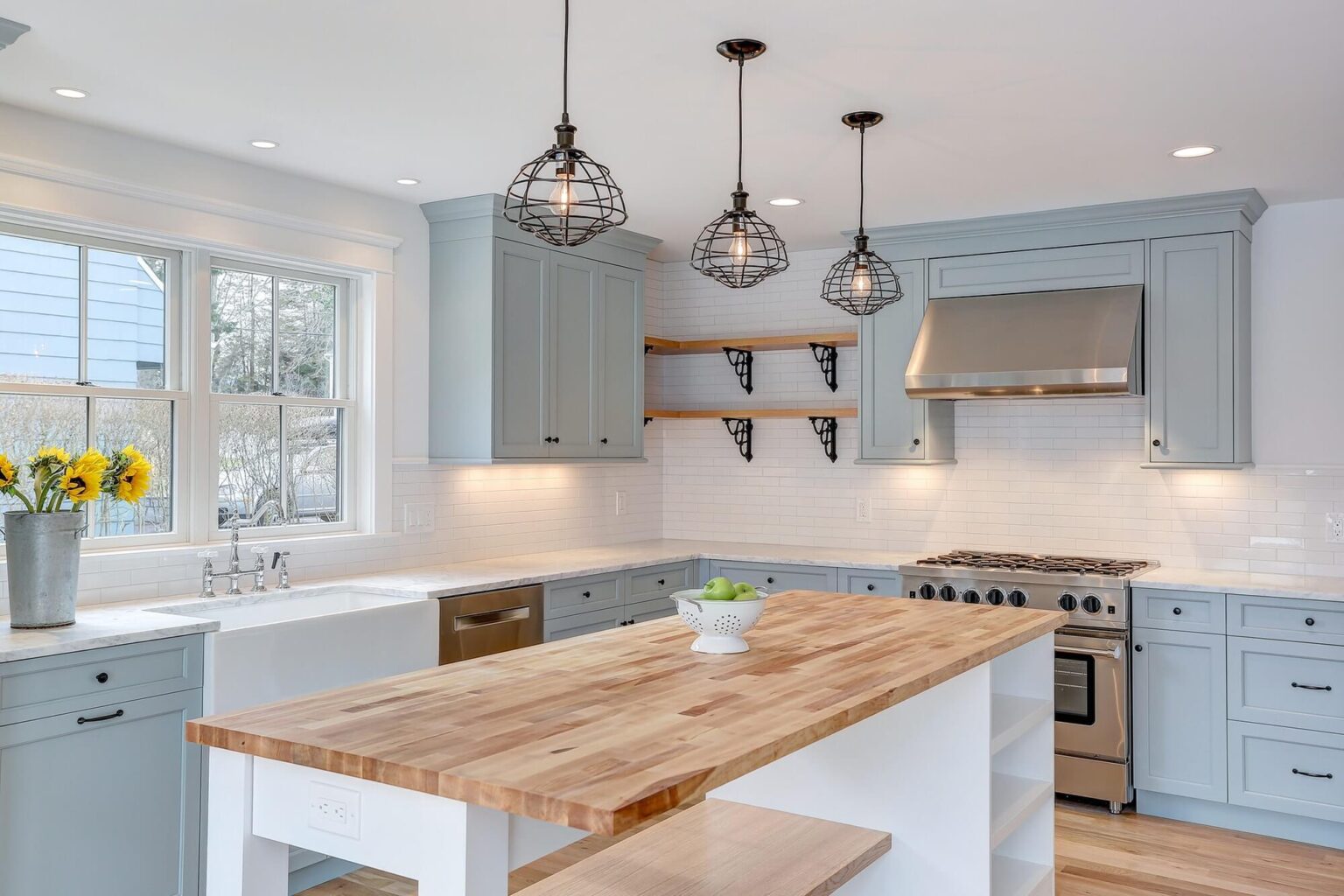Unlocking Tranquility: The Best Relaxing Bedroom Colors for a Perfect Night’s Sleep
Your bedroom should be your sanctuary, a haven of peace and relaxation where you can unwind after a long day and prepare for a restful night’s sleep. The color of your walls plays a significant role in setting the mood and influencing your overall well-being. Choosing the right relaxing bedroom colors can transform your space into a tranquil oasis, promoting better sleep and a sense of calm.
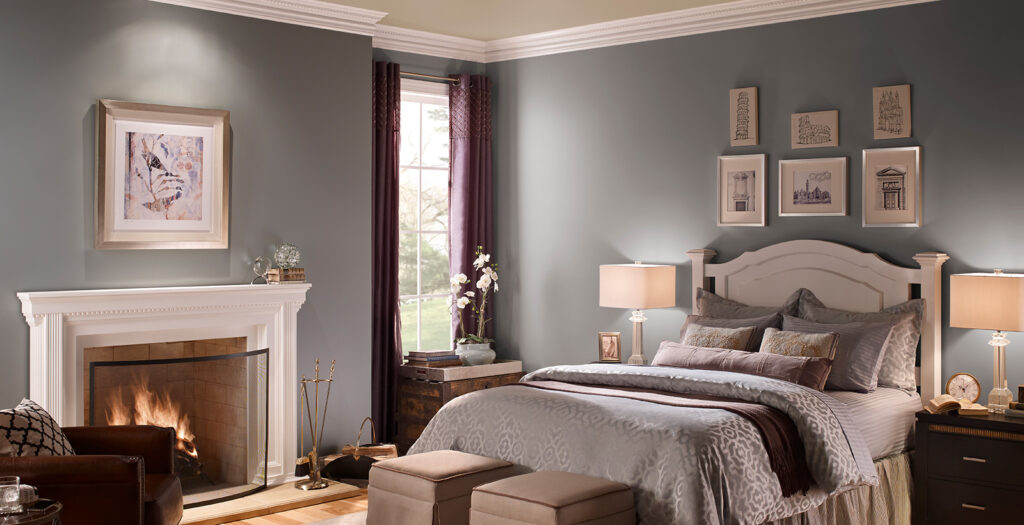
The Psychology of Color in the Bedroom
Different colors evoke different emotions and have a profound impact on our mood and sleep patterns. Understanding the psychology of color is crucial when selecting the perfect palette for your bedroom. Cool colors tend to be calming and soothing, while warm colors can be energizing, sometimes even stimulating.
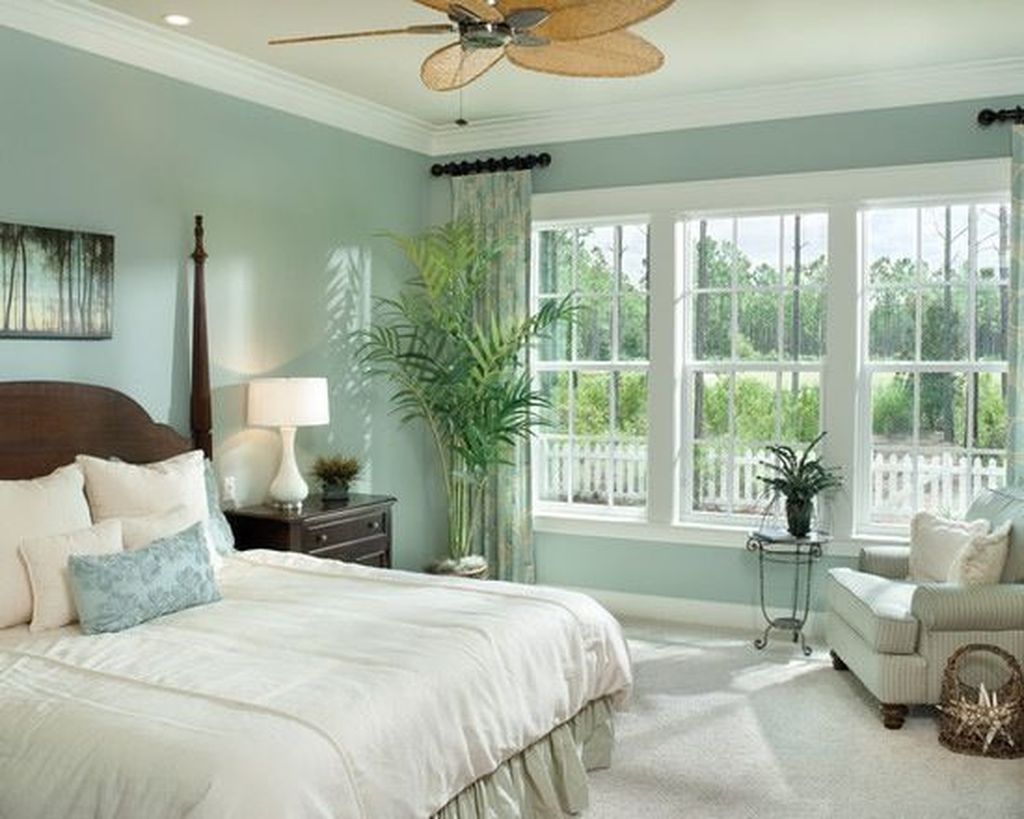
Cool Colors for a Serene Sleep
- Blue: Often associated with tranquility, peace, and serenity, blue is a classic choice for a relaxing bedroom. Various shades, from soft pastels to deeper blues, can create a calming atmosphere. Lighter blues can feel airy and spacious, while darker blues offer a more sophisticated and restful feel.
- Green: Inspired by nature, green is another excellent option for promoting relaxation. Shades of green evoke feelings of calmness, peace, and rejuvenation. Think soft sage greens, calming mint greens, or even a sophisticated olive green for a more luxurious feel.
- Lavender: This calming purple hue has long been associated with relaxation and sleep. It’s known for its ability to soothe the mind and promote a peaceful atmosphere. Consider using various shades of lavender, from pale lilac to deeper, more vibrant shades.
Warm Colors Used Sparingly for Comfort
While cool colors are generally preferred for bedrooms, incorporating subtle touches of warm colors can add warmth and personality without disrupting the overall calming effect. Use these colors as accents rather than dominant shades.
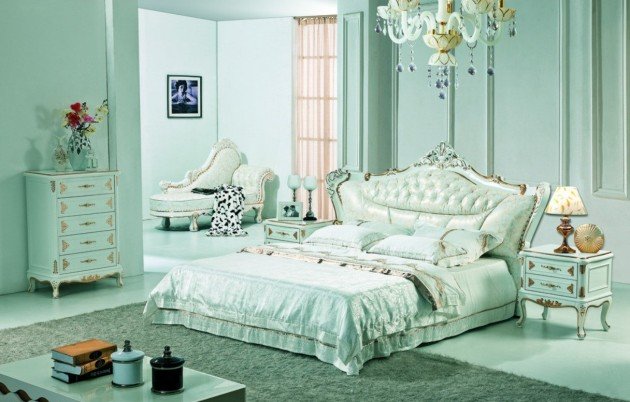
- Soft Taupe: A neutral color that can easily pair with both cool and warm tones. It is an excellent option if you’re looking for a timeless and versatile base color.
- Muted Yellows and Creams: These colors can add a touch of warmth and brightness to the space without being overwhelming. Consider soft creamy yellows or buttery shades for a subtle yet comforting touch.
Choosing the Right Shade: Light vs. Dark
The intensity of a color can significantly affect the mood it creates. Lighter shades generally feel more airy and spacious, making them ideal for smaller bedrooms. Darker shades can feel more intimate and luxurious but should be used cautiously, particularly in smaller rooms, to avoid creating a claustrophobic environment.
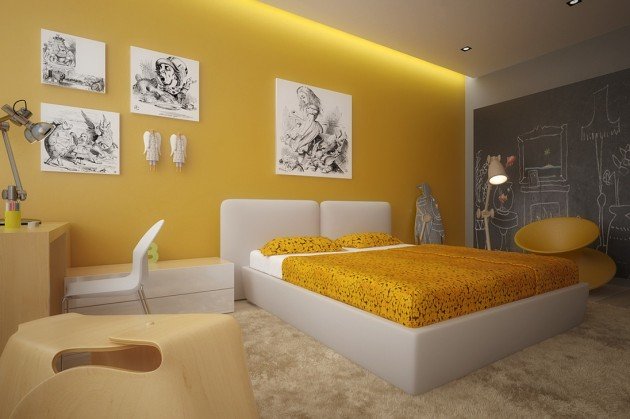
Accenting Your Relaxing Bedroom Colors
Once you’ve chosen your base colors, consider using complementary accents to enhance the overall feeling of tranquility. These accents can include:
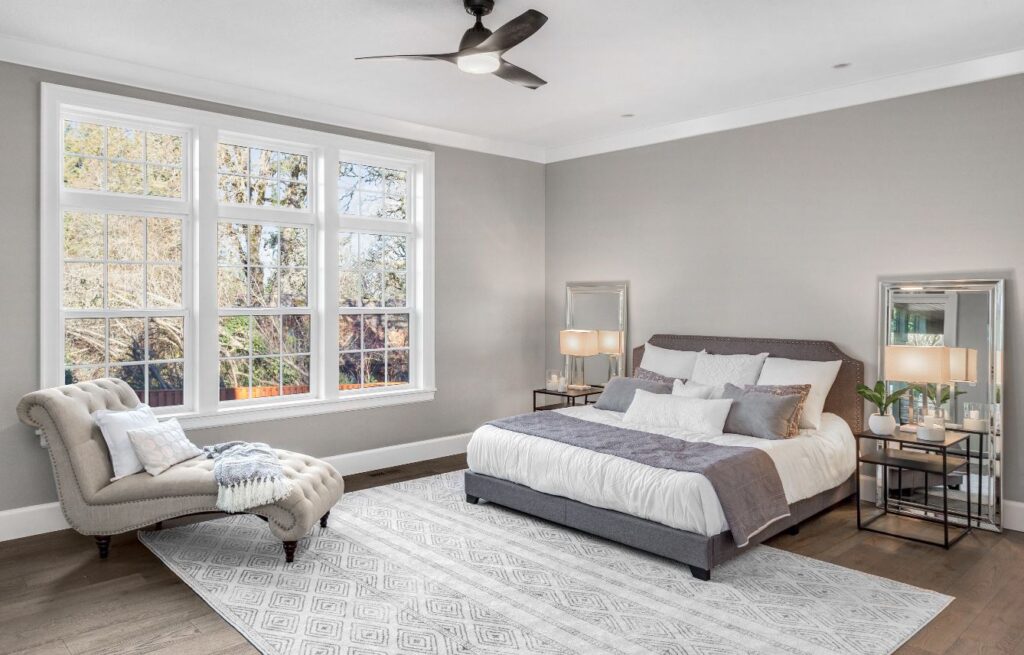
- Textiles: Soft, luxurious fabrics like linen, cotton, and silk can add to the overall feeling of comfort and relaxation.
- Lighting: Soft, warm lighting, such as lamps and dimmable overhead lights, is essential for creating a calming atmosphere. Avoid harsh, bright lighting.
- Natural Elements: Incorporating natural elements like plants, wood, and stone can add a sense of serenity and connection to nature.
- Artwork: Choose calming artwork featuring nature scenes, abstract patterns, or other calming imagery.
Popular Relaxing Bedroom Color Combinations
Here are some popular and effective relaxing bedroom color combinations:
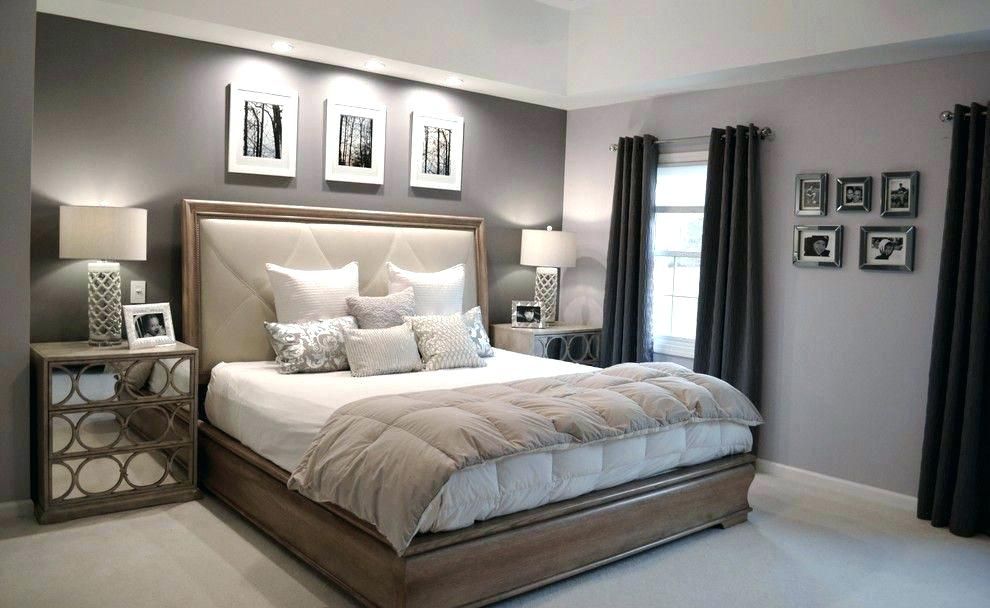
- Blue and White: A classic combination that evokes a sense of peace and serenity.
- Green and Beige: A natural and calming combination that brings the outdoors in.
- Lavender and Gray: A sophisticated and calming combination that works well in modern bedrooms.
- Soft Taupe and Cream: A neutral and versatile combination that offers a blank canvas for personal style.
- Sage Green and White: A fresh and airy combination perfect for a minimalist bedroom.
Beyond Color: Creating a Relaxing Bedroom Atmosphere
While color is a crucial element, remember that other factors contribute to a relaxing bedroom atmosphere. Consider the following:
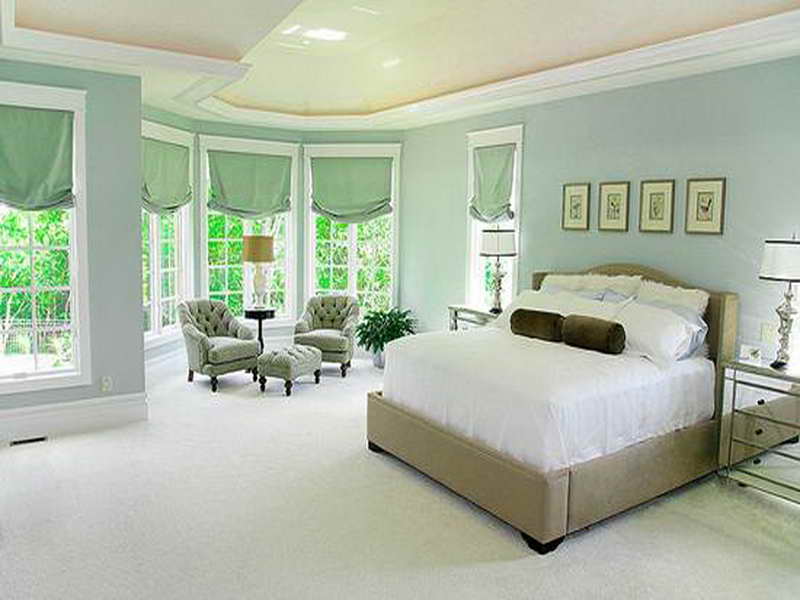
- Minimize Clutter: A clean and organized space promotes a sense of calm and reduces stress.
- Maximize Natural Light: Natural light is beneficial for both physical and mental well-being.
- Introduce Aromatherapy: Calming scents like lavender and chamomile can promote relaxation and sleep.
- Invest in Comfortable Bedding: High-quality bedding that is both soft and supportive is essential for a good night’s sleep.
Conclusion: Finding Your Perfect Palette
Choosing the right relaxing bedroom colors is a personal journey. Consider your personal preferences, the size of your room, and the overall style you’re aiming for. By carefully selecting your colors and incorporating other elements that promote relaxation, you can create a tranquil and rejuvenating sanctuary where you can rest, recharge, and wake up feeling refreshed and revitalized.
